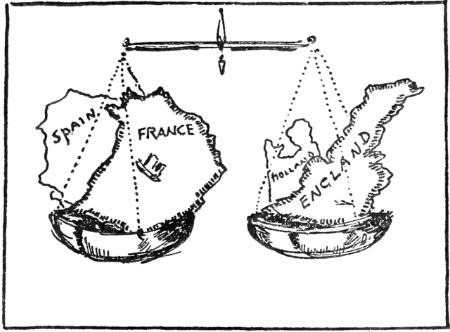Introduction
The 21st century has become a grand experiment in interconnected power. Technology commands economies, celebrities influence ideologies, and political leaders navigate a digital battlefield where perception outweighs policy. The rise of artificial intelligence, social media, and instant information has fused three forces—tech, fame, and politics—into one ever-evolving system of global influence.
This new world order no longer follows traditional hierarchies. A viral post can impact diplomacy, a technological breakthrough can shift economies, and a celebrity’s statement can spark social revolutions. The balance of power now belongs to those who understand how visibility and data intersect, redefining leadership in ways the past century could never imagine.
The Technological Race for Supremacy
At the heart of this transformation lies the relentless competition for technological dominance. Nations are investing billions into artificial intelligence, quantum computing, and renewable energy technologies. China and the United States remain the key players, while countries like Japan, India, and Germany are emerging as innovation hubs.
Technology is not just an economic asset—it’s a geopolitical weapon. Control of semiconductor production, cybersecurity frameworks, and AI patents equates to control of the global economy. Yet the pursuit of innovation often neglects ethical oversight, creating risks of surveillance, digital inequality, and algorithmic exploitation.
Celebrity Influence and the Politics of Perception
In the digital age, celebrities are more than entertainers—they are power brokers. Social media has granted them direct access to millions, giving their voices unprecedented weight in political and social issues. Figures like Billie Eilish, Cristiano Ronaldo, and Elon Musk illustrate how fame translates into global authority.
This dynamic has created a culture of political visibility where popularity often dictates legitimacy. While some use their platforms responsibly to advocate for climate action and human rights, others exploit them for personal or ideological gain. The blending of fame and influence reflects both the democratization and distortion of public discourse.
Governments in a Digitized World
Governments today operate under constant digital scrutiny. Every policy decision, diplomatic statement, and social issue unfolds in real time before a global audience. This new level of transparency has reshaped governance, demanding adaptability and digital literacy from political leaders.
Yet, the digital age has also empowered misinformation. Deepfakes, bots, and targeted propaganda campaigns threaten electoral integrity and international relations. In many nations, controlling the narrative has become as crucial as controlling the economy. Political success now depends on managing algorithms as much as managing alliances.
The Economics of Attention
The global economy has quietly shifted from industrial production to attention monetization. Platforms like TikTok, YouTube, and X (formerly Twitter) have turned human engagement into a valuable commodity. This shift affects everything from advertising to policymaking, as leaders and corporations compete not just for consumers—but for attention spans.
In this ecosystem, power belongs to those who can sustain relevance. Politicians craft social strategies, CEOs cultivate personal brands, and journalists battle influencers for credibility. The attention economy rewards immediacy, but often at the cost of accuracy and depth, reshaping how society values truth and expertise.
AI and the Future of Leadership
Artificial intelligence continues to redefine what leadership means. AI tools now assist in decision-making, simulate geopolitical outcomes, and even craft diplomatic strategies. As algorithms become more advanced, they begin to blur the distinction between human judgment and machine logic.
This raises profound ethical questions. Can a leader rely on AI for decisions that affect millions? Should technology dictate morality, or should it merely advise it? The answers will determine how humanity evolves in a world where leadership is increasingly data-driven, and empathy risks becoming obsolete.
FAQs
How does technology influence global politics today?
It enables real-time governance, enhances defense capabilities, and redefines communication, but it also amplifies misinformation.
Why are celebrities more politically active now?
Because digital platforms allow them to bypass institutions and engage directly with global audiences on key issues.
What is the “attention economy”?
It’s a system where user engagement becomes the main source of profit, shaping politics, media, and culture.
Can governments maintain control in a digital world?
Only by embracing transparency, promoting media literacy, and developing stronger cyber governance.
Will AI replace political decision-making?
Not entirely, but it will increasingly assist or influence policy through predictive analytics and real-time data insights.
Conclusion
Technology, fame, and politics have fused into a single global network of influence. The world’s new power brokers are those who can master both information and image, navigating the digital landscape with speed, precision, and strategy. The once-clear lines separating leadership, celebrity, and innovation have vanished, giving rise to a hybrid age of power.
As humanity advances, it must ensure that progress remains humane. The challenge lies not in creating smarter machines or louder voices, but in cultivating wiser leaders who can balance innovation with integrity in the rapidly transforming digital order.



